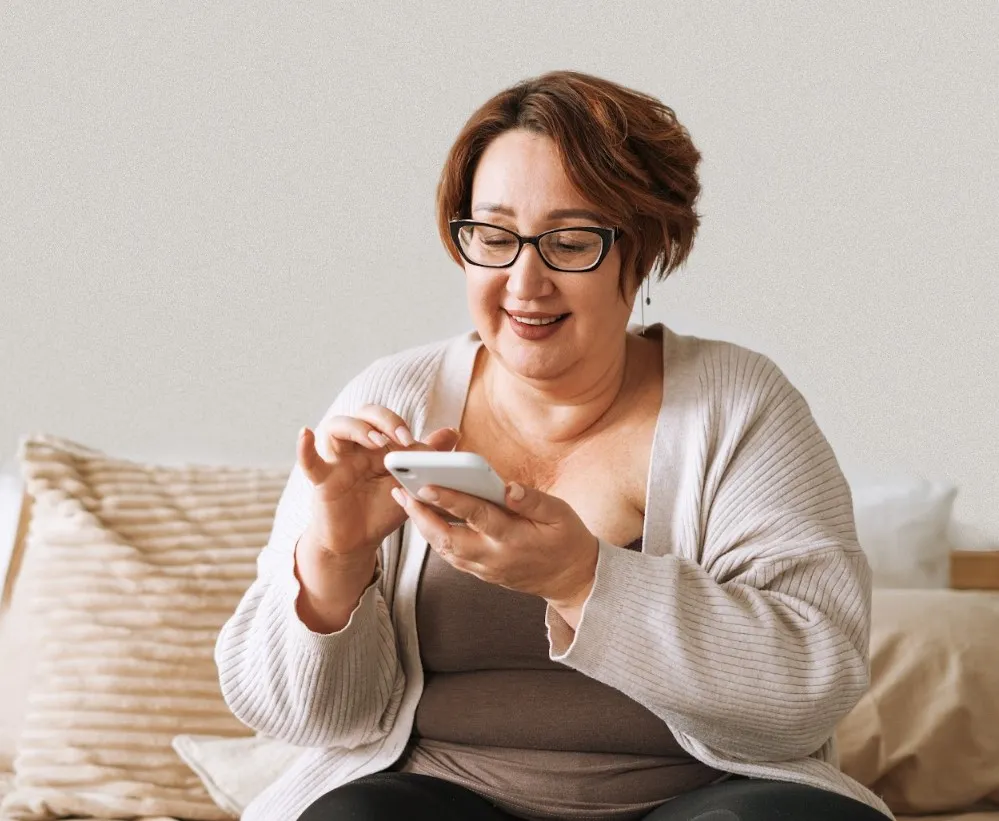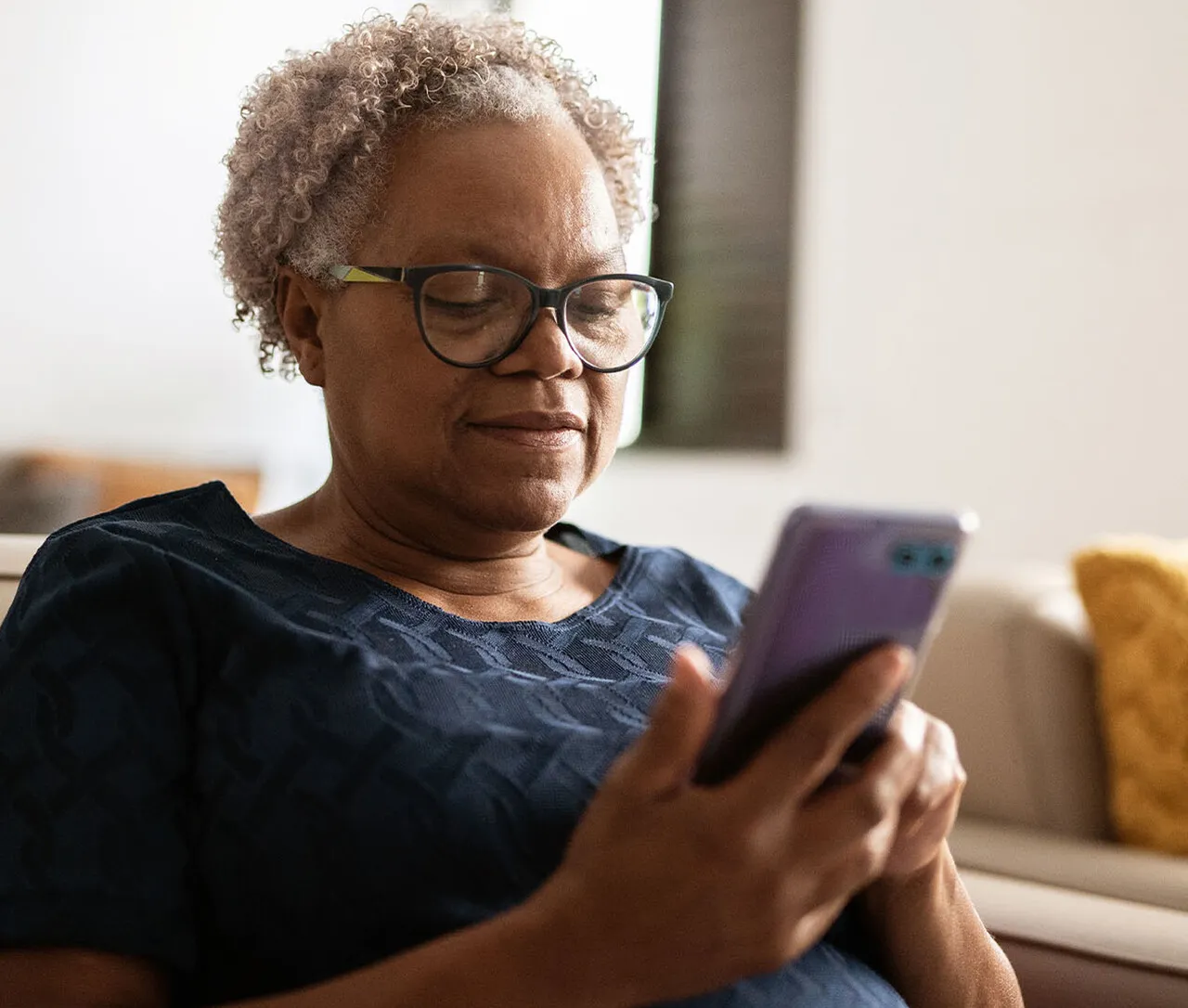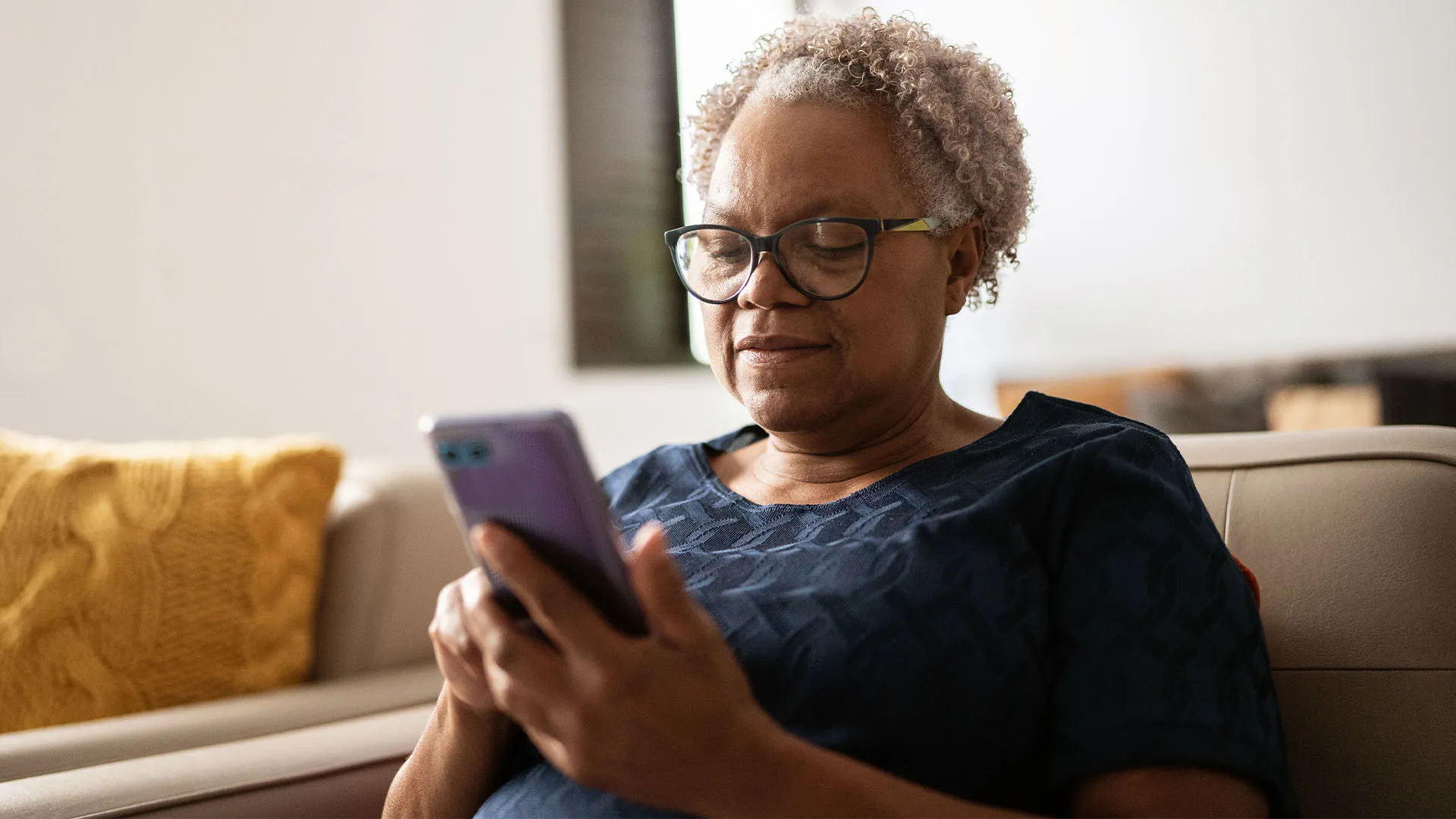White Papers, Case Studies, Reports


Medable oncology solutions
Discover how Medable’s AI-powered oncology platform simplifies complex cancer trials by integrating eCOA, ePRO, and eConsent solutions—reducing trial time, improving patient retention, and enhancing data quality for faster, more efficient research.


Case study: Medable beats forecasted FPI date while raising eCOA adherence in Japan
A top-10 global pharmaceutical company aimed to address eCOA adherence and patient enrollment challenges faced by clinical trial sites and participants in Japan.
Recognizing Japan’s distinct regulatory, cultural, and logistical landscape, the company partnered with Medable todevelop an initiative to enhance the region’s patient and site experience.


Challenge fuels change: Medable impact report
Medable’s 2024 was a year of exceeding key milestones and helping our customers reach new heights.
Take a look at the difference Medable has made with our year-end impact report.


Case Study: Medable beats forecasted FPI date by taking eCOA off the critical path
A top-10 global pharmaceutical company came to Medable looking to standardize and scale their weight management trials. The trial was driven by a master protocol with multiple sub-studies across 70+ research sites.
The partner was concerned about the participant and site experience, particularly participant enrollment and study startup timelines, as the trial required participants to enroll through the master protocol before enrolling into a sub-study.
Read ahead to see how Medable accomplished this, beat the forecasted FPI date, and more.
.webp)

Rapid evolution: Clinical trials have gone digital
DCT and digital elementsare now the new normal. But what exactly does "digital" or "decentralized" mean in the context of clinical trials?
A panel of industry experts from Sanofi, Bayer, and the Clinical Trials Transformation Initiative (CTTI) recently came together to discuss the evolution of DCTs and share their experiences.


Efficient & empathetic: New Duke research shows the real power of eConsent
With the eConsent market expected to continue its ascent over the next ten years, it’s apparent to those who have used it that the “e” in eConsent stands for much more than electronic.
Analysis and real-world examples show that it can be efficient, educational, and empathetic, leading to better participant education, reduced participant dropout, lower administrative burden for sites, reduced audit findings, and more.
Complete the form below to grab your copy of our whitepaper and see what Duke had to say.


Explore Medable Studio
A decade ago, our founders’ experiences in clinical research and life sciences drove them to create Medable, a simple cloud-based platform that could improve theconduct of trials. Over the last ten years, we’ve conducted nearly 400 trials on our platform, continually refining it to provide a better experience for sites, patients, and caregivers.Today, we’re excited to announce that our customers are entering a new era of control, ease of use, and simplicity.

Use Case: Integrating consent data to reduce administrative burden
A top-10 pharmaceutical company was looking to reduce the amount of administrative burden on their clinical trial sites and themselves. The sponsor sought to find a vendor that could use one eConsent system to manage paper and electronic consent. Additionally, they sought to use the central eConsent system to populate the clinical trial sites’ IRB and EDC systems, as well as some internal systems.


Case Study: Medable platform delivers >90% eCOA adherence and scalability
A top-10 American pharmaceutical company came to Medable looking to conduct an extensive weight management master protocol clinical trial with multiple sub-studies across 70+ research sites. The client was concerned about the participant experience, as the trial required participants to enroll through the master protocol before enrolling into a sub-study. Additionally, they wanted to reuse and scale the solution for future trials without compromising the site and patient experience.
Learn how Medable was able to accomplish this and more.


Use case: How a top-10 pharma digitized and standardized participant pain body maps
A top-10 pharmaceutical company was looking to standardize the conduct of their diabetic polyneuropathy trials for future use.
Specifically, the client was looking to digitize their paper “body map” forms. These are used by participants to indicate the severity of pain on their bodies.
Traditionally administered on paper, body map assessments had been a source of potential inefficiencies and errors.
The client’s goal was to co-create and own their body maps, while simplifying and streamlining the process for future trials.


Evidence & Insights: A Data-Driven Exploration of Decentralized Elements and Digital Trial Technologies
In Medable’s first edition of Evidence and Insights, you’ll get an in-depth look at our research investments and collaborations exploring the effects of DCTs and clinical research technology. Through strategic partnerships and continued investment, we’ve spearheaded efforts that redefine industry standards and set a new precedent for the evidentiary basis of technology’s impact on drug development.


Medable enables over 90% eCOA adherence in vaccine trial
A leading biotech company came to Medable looking to conduct a vaccine trial. They were concerned that their trial’s participant population of persons aged 50+ years may be hesitant to use the sponsors’ chosen eCOAtrial technology, would not be engaged in the study, and therefore may not provide consistent trial data.
Learn how we drove success for them, including 90% eCOA adherence.


U.S. Renal Care achieves 75% site adoption of eConsent with Medable
Medable’s Total Consent, used by U.S. Renal Care in top ten pharma-sponsored study, proved to be a flexible, fast, and efficient solution for the elderly renal care population.




